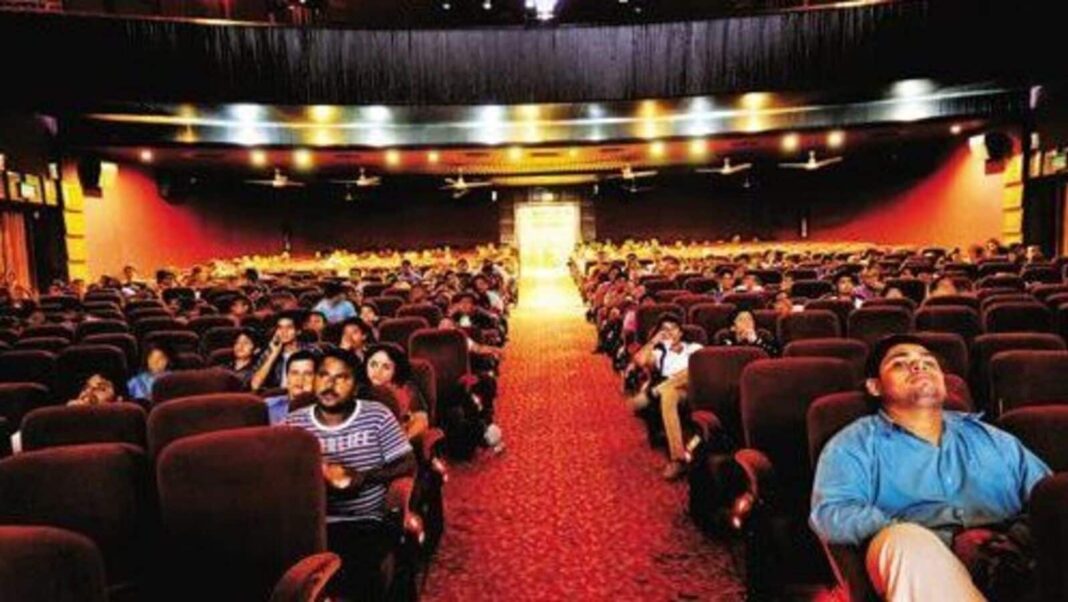In Short:
A marketing strategy to boost cinema attendance has turned problematic for film producers and studios. Many are pressured to pay analysts and influencers for favorable reviews, leading to backlash as audiences see through the tactics. This practice is creating a credibility crisis in the industry, harming genuine film reception and relying on inflated metrics which ultimately don’t resonate with viewers.
The Unraveling Marketing Strategy in Bollywood
What began as a savvy marketing ploy to draw moviegoers into cinemas is now causing significant headaches for countless film producers, studios, and actors. The entertainment industry is witnessing a growing backlash against the practice of compensating trade analysts, influencers, and even certain media personnel for favorable reviews and social media coverage. Many in the field are voicing concerns that this practice has spiraled out of control, with audiences becoming increasingly aware of its implications on the quality of films and shows.
Paying for Praise: A Double-Edged Sword
In some troubling instances, studio executives and producers are asserting that refusing to pay these individuals can lead to damaging reviews and adverse commentary about their films. Earlier this year, **Vidyut Jammwal** publicly accused a trade analyst of soliciting a bribe to ensure positive coverage of his film, Crakk. More recently, the team behind the period drama Kalki 2898 AD issued a legal notice to two trade analysts for disseminating misleading box office figures that jeopardized the film’s performance.
A Culture of Complicity
“Producers and their PR agencies are largely responsible for this outrageous trend, which has reached a level of absurdity,” stated a senior studio executive who wished to remain anonymous. “Why would anyone pay for positive reviews if the film doesn’t resonate with audiences? This tactic lacks originality and effectiveness.” The source explained that in the past two to three years, particularly after the pandemic, it has become common practice to reach out to self-proclaimed trade analysts with substantial social media followings to share exaggerated box office stats. Some micro-influencers are also enlisted to post favorable comments about the film’s content. Such arrangements can range from **₹50,000** to **₹3 lakh** each, with longer-term agreements for multiple films potentially costing as much as **₹10 lakh**.
The Illusion of Success
“Using metrics like worldwide gross instead of domestic net figures to inflate box office numbers is a common tactic,” the executive added. “While this might help on opening weekend by securing more screens, the effect rarely lasts beyond the second week. The film’s credibility plummets because audiences can sense when the narrative feels forced.”
The Struggles of Distributors and Exhibitors
**Akshaye Rathi**, an independent film distributor and exhibitor, highlighted how the insecurities of actors and creative agencies contribute to these nonsensical practices. “Right now, producers are negotiating with exhibitors and distributors for just a 1-2% increase in box office shares, yet they’re willing to splurge on social media trolls that yield no real impact,” Rathi pointed out.
Collateral Damage in the Industry
While partnerships with news organizations for media exposure and collaborations with influential social media figures have become commonplace, industry experts argue that the current trend of pushing agendas through individuals lacking real understanding of the film business is problematic. This situation has birthed a group of stakeholders who exploit producers for ransom, threatening to turn against them if not compensated.
A Marketing Strategy Gone Awry
“This is a marketing tool that has hit a wall,” remarked **Girish Johar**, a film producer and expert in trade and exhibition. “It’s essentially a matter of supply and demand; producers will continue to go all out if they feel it’s necessary. However, this strategy seems largely pointless now, as audiences rely on their own judgment more than ever.”





